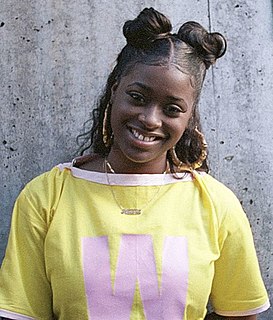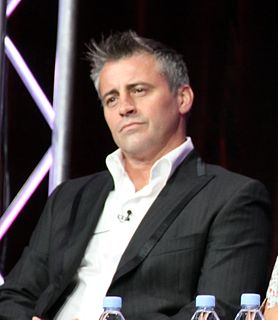A Quote by Laurell K. Hamilton
If the only tool you have is a hammer, all your problems begin to look like nails. - Abraham Maslow
Related Quotes
When you're a hammer (as the saying goes), all your problems look like nails. If you're a meteorite expert pondering the sudden extinction of boatloads of species, you'll want to say an impact did it. If you're an igneous petrologist, volcanoes did it. If you're into spaceborne bioclouds, an interstellar virus did it. If you're a hypernova expert, gamma rays did it.
Personally, I think government is a tool, like a hammer. You can use a hammer to build or you can use a hammer to destroy; there is nothing intrinsically good or evil about the hammer itself. It is the purposes to which it is put and the skill with which it is used that determine whether the hammer's work is good or bad.
As a technology, the book is like a hammer. That is to say, it is perfect: a tool ideally suited to its task. Hammers can be tweaked and varied but will never go obsolete. Even when builders pound nails by the thousand with pneumatic nail guns, every household needs a hammer. Likewise, the bicycle is alive and well. It was invented in a world without automobiles, and for speed and range it was quickly surpassed by motorcycles and all kinds of powered scooters. But there is nothing quaint about bicycles. They outsell cars.
Like for 'Black Nails,' I just had black nails - and I never have black nails. It was my first and last time getting black nails. And that's so not normal for me. So when you're recording, you're up at the mic and you gotta name the file, so I just look down and I'm like, 'Black Nails!' That's literally what it was.


































